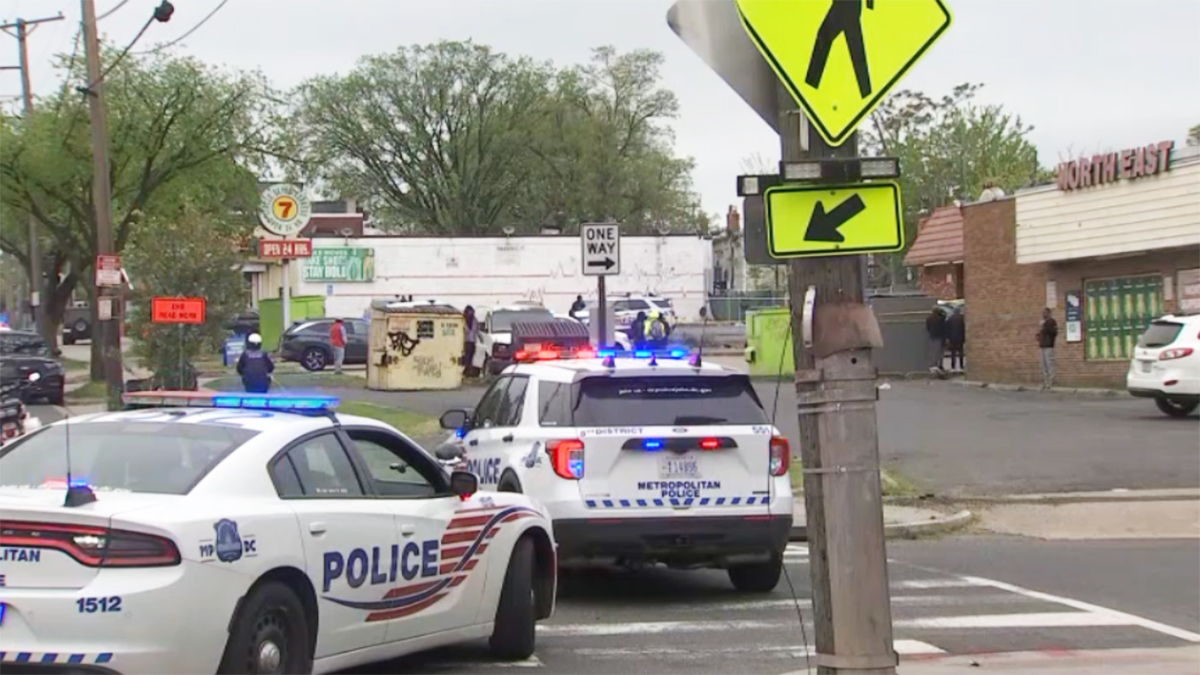The Maryland House of Delegates on Saturday passed measures aimed at fighting crime, advanced a bill to increase school safety and approved an agreement between the House and Senate aimed at increasing diversity in the state's medical marijuana industry.
The House made changes to a bill already passed by the Senate that had been criticized for creating several mandatory-minimum sentences. The House, which used two separate bills to encompass proposals from the Senate and Gov. Larry Hogan, stripped out most of the mandatory minimums but kept a 10-year, mandatory-minimum sentence for a person convicted a second time of a violent crime while using a gun.
"It was quite literally -- I hate to use the cliche -- but it was a bipartisan effort," said Del. Curt Anderson, a Baltimore Democrat.
Amelia Chasse, a spokeswoman for the Republican governor, said the administration was confident the measures will have "a transformative impact on reducing violent crime" in Baltimore and across the state.
"We are very encouraged by the actions of the House today and will continue to work closely with legislative leaders to ensure that the governor's priorities are represented as they finalize the legislation," Chasse said.
The legislation is partly a response to crime in Baltimore, which had 342 murders in 2017 and set a record for homicides on a per-capita basis, but supporters note that the bill aims to cut crime statewide.
The Senate still will have to approve the legislation by Monday's midnight deadline.
Local
Washington, D.C., Maryland and Virginia local news, events and information
The legislation allows wiretaps in illegal firearms cases, and it increases the penalty for witness intimidation from five years to 10 years for inducing false testimony or retaliation for testimony. It also allows people to expunge criminal records after 15 years for the crimes of possession with intent to distribute drugs, burglary and theft.
In other business, the House gave preliminary approval to a measure to require public high schools to have either a school resource officer or plans for adequate law enforcement coverage by the upcoming school year. Other schools, such as middle and elementary schools, would need to have the plans in place for the school year that begins in 2019. The House also changed a Senate bill to include an additional $10 million a year to help pay for the added school security in future years.
The measure, which has been advancing with bipartisan support, aims to create a variety of standards and guidelines for school safety statewide. Those include issues involving the training of school resource officers, safety drills for staff and students, and identifying mental health concerns that could threaten student safety.
Lawmakers and the governor proposed legislation to increase school safety after the February school shooting in Parkland, Florida. The issue of school safety has gained even greater interest in Maryland after the March 20 shooting in southern Maryland at Great Mills High School, where a student shot and killed a former girlfriend before killing himself.
Also Saturday, the House approved an agreement between House and Senate negotiators on a measure designed to improve diversity in the state's medical marijuana industry. Sen. Brian Feldman, one of the negotiators, said he did not anticipate any trouble with the Senate giving it final Monday.
The measure increases the number of grower licenses from 15 to as many as 22. Two of the new licenses are set aside for two companies that sued over the licensing process. A third is set aside for a black-owned company that already has been awarded a processor license.
As for the remaining four licenses, the state can't simply award them to minority-owned companies because of constitutional concerns. However, the state's medical marijuana commission will set regulations designed to create remedial measures to increase diversity.
The legislation increases the number of marijuana-processor licenses from 15 to 28, creating further opportunity to increase diversity, Feldman said.
None of the state's 14 licensed growers is black-owned. Lawmakers tried to pass a measure to increase diversity ownership last year, but the bill failed in the final moments. Del. Cheryl Glenn, a Baltimore Democrat who sponsored the bill, said she supported the agreement on the bill.
"I'm satisfied," Glenn said Saturday.



